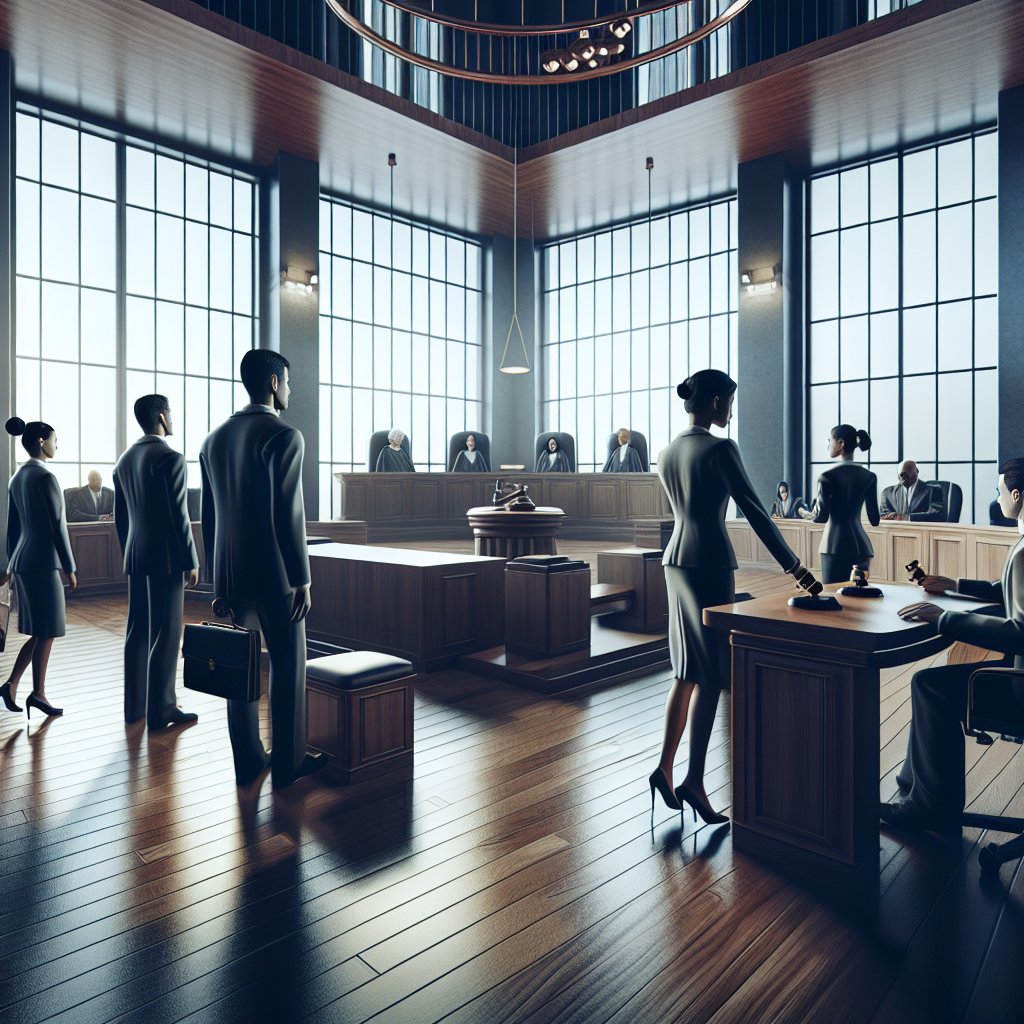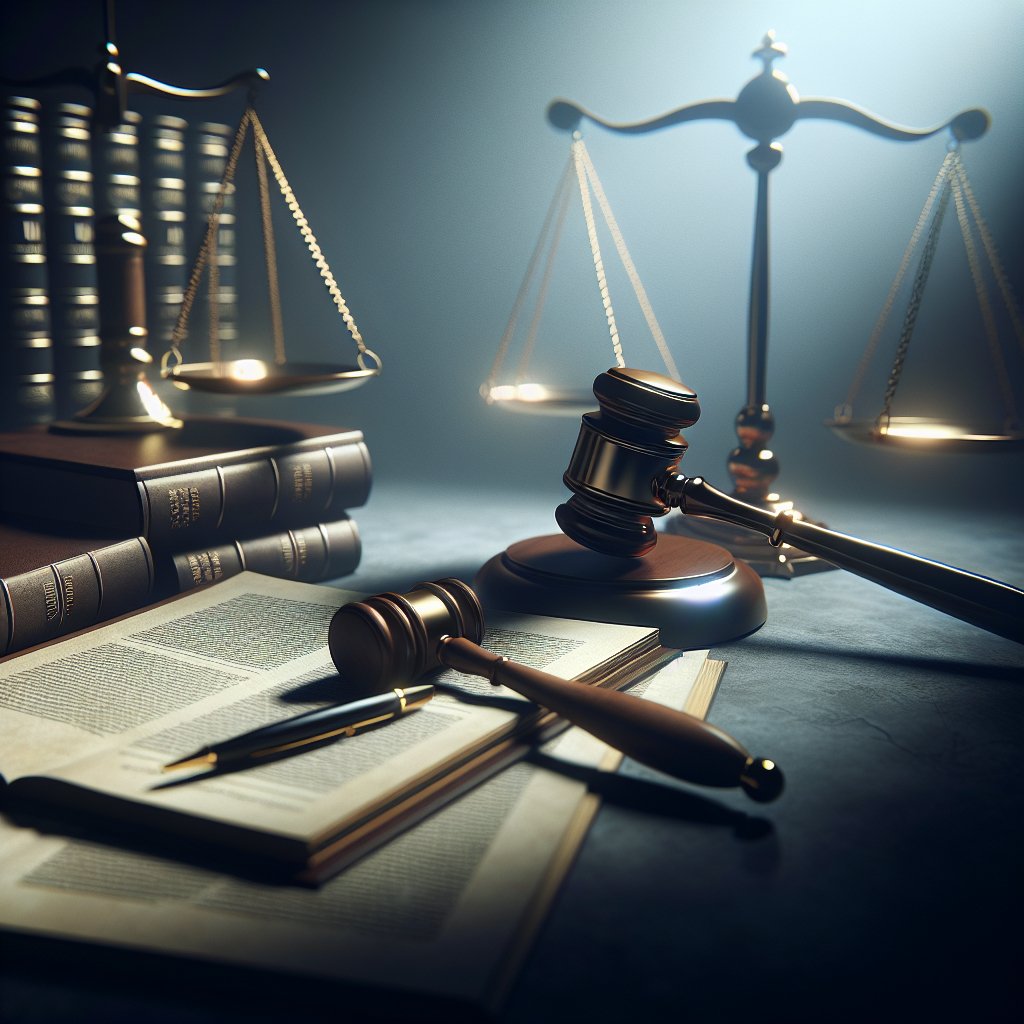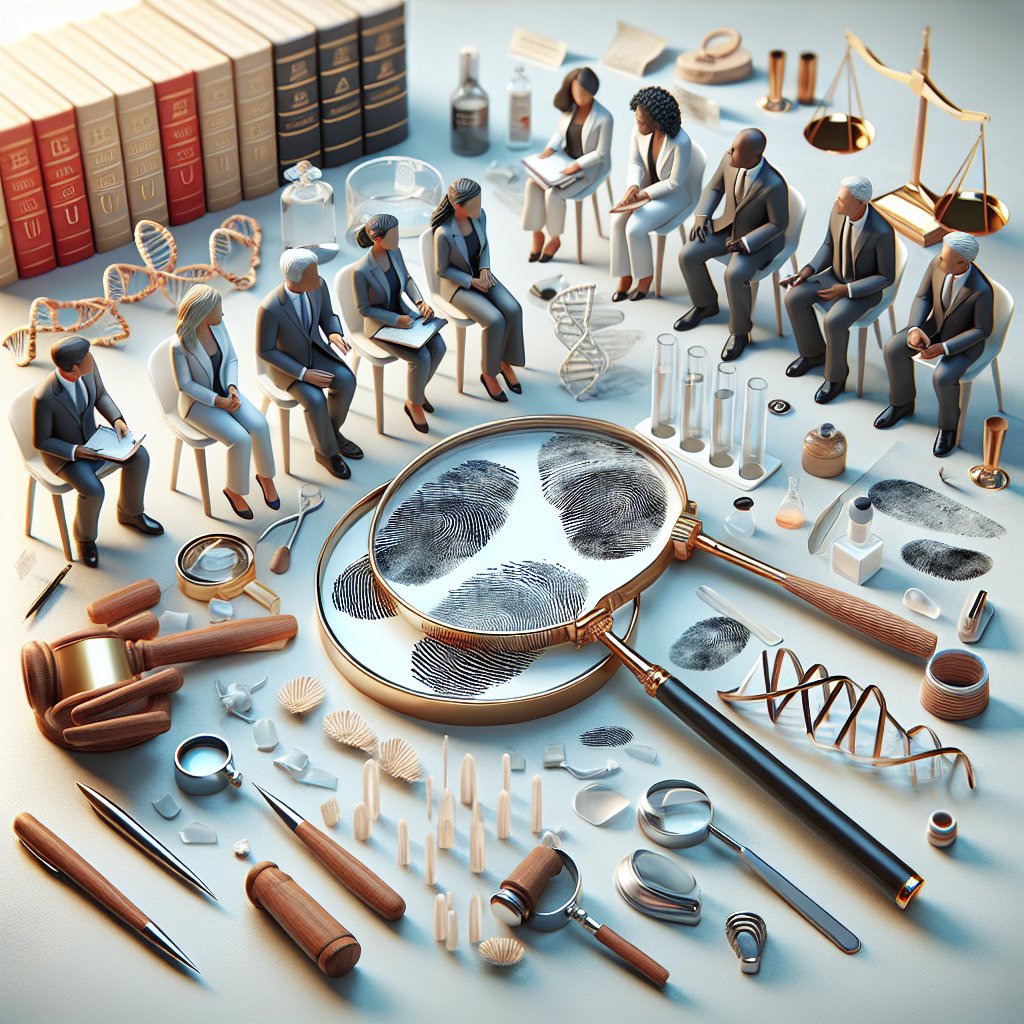The role of a criminal lawyer is multifaceted and crucial in the justice system, providing essential services to those accused of crimes. Criminal lawyers are tasked with defending the rights of individuals and ensuring that justice is served, whether through negotiation, litigation, or other legal means. This article delves into the various responsibilities and expectations placed upon criminal lawyers, offering insight into their day-to-day operations and the broader impact they have on society.
Understanding the Responsibilities of a Criminal Lawyer
Criminal lawyers, also known as defense attorneys, play a pivotal role in the legal system. Their primary responsibility is to represent individuals accused of criminal conduct, ensuring that their rights are protected throughout the legal process. This involves a wide range of duties, from providing legal advice to representing clients in court.
One of the first tasks a criminal lawyer undertakes is to gather and analyze evidence related to the case. This involves working closely with investigators, reviewing police reports, and interviewing witnesses. The goal is to build a strong defense strategy that can be presented in court. A thorough understanding of the law and the ability to interpret complex legal documents are essential skills for any criminal lawyer.
In addition to evidence gathering, criminal lawyers are responsible for negotiating plea bargains with prosecutors. This can often result in reduced charges or lighter sentences for their clients. Effective negotiation skills are crucial, as they can significantly impact the outcome of a case. Criminal lawyers must be adept at assessing the strengths and weaknesses of a case to determine the best course of action for their clients.
Another critical aspect of a criminal lawyer’s role is courtroom representation. This involves presenting evidence, cross-examining witnesses, and making persuasive arguments to the judge and jury. Criminal lawyers must be skilled orators, capable of clearly and convincingly presenting their client’s case. They must also be prepared to respond to unexpected developments during a trial, requiring quick thinking and adaptability.
The Impact of Criminal Lawyers on the Justice System
Criminal lawyers have a profound impact on the justice system, influencing not only the outcomes of individual cases but also the broader legal landscape. By advocating for their clients’ rights, they help to ensure that the legal process is fair and just. This is particularly important in cases where individuals may be wrongfully accused or where there are significant disparities in the resources available to the prosecution and defense.
One of the key ways criminal lawyers contribute to the justice system is by challenging unjust laws and practices. Through their work, they can bring attention to systemic issues and advocate for legal reforms. This can lead to changes in legislation or the implementation of new policies that promote fairness and equality within the legal system.
Moreover, criminal lawyers play a vital role in upholding the principle of “innocent until proven guilty.” By providing a robust defense for their clients, they help to prevent wrongful convictions and ensure that only those who are truly guilty are punished. This is essential for maintaining public confidence in the justice system and protecting the rights of all individuals.
In addition to their work in the courtroom, criminal lawyers often engage in public education and advocacy efforts. They may participate in community outreach programs, offer pro bono services, or work with organizations that focus on criminal justice reform. Through these efforts, they help to raise awareness about important legal issues and promote a more informed and engaged citizenry.
Challenges Faced by Criminal Lawyers
Despite the critical role they play, criminal lawyers face numerous challenges in their work. One of the most significant is the emotional toll that comes with defending individuals accused of serious crimes. Criminal lawyers must often navigate complex ethical dilemmas and make difficult decisions that can have life-altering consequences for their clients.
Additionally, criminal lawyers frequently contend with public perception and stigma. Defending individuals accused of crimes can be controversial, and criminal lawyers may face criticism or backlash from the public. This can be particularly challenging in high-profile cases where media attention is intense.
Another challenge is the often overwhelming workload that criminal lawyers must manage. With numerous cases to handle simultaneously, they must be highly organized and efficient to ensure that each client receives the attention and representation they deserve. This requires excellent time management skills and the ability to prioritize tasks effectively.
Furthermore, criminal lawyers must stay abreast of changes in the law and legal precedents. The legal landscape is constantly evolving, and criminal lawyers must be proactive in updating their knowledge and skills to provide the best possible representation for their clients. This requires a commitment to ongoing education and professional development.
The Future of Criminal Law Practice
As society continues to evolve, so too does the practice of criminal law. Technological advancements, changes in societal attitudes, and shifts in legal policy all have the potential to impact the role of criminal lawyers. Looking to the future, several trends are likely to shape the practice of criminal law.
One significant trend is the increasing use of technology in the legal field. From digital evidence to virtual courtrooms, technology is transforming the way criminal lawyers operate. This presents both opportunities and challenges, as lawyers must adapt to new tools and methods while ensuring that their clients’ rights are protected.
Another trend is the growing emphasis on restorative justice and alternative sentencing. As the criminal justice system seeks to address issues such as overcrowding in prisons and the need for rehabilitation, criminal lawyers may find themselves advocating for more innovative and holistic approaches to justice. This could involve working with community organizations, mental health professionals, and other stakeholders to develop solutions that address the root causes of criminal behavior.
Finally, the ongoing push for criminal justice reform is likely to continue shaping the practice of criminal law. As public awareness of issues such as racial disparities and wrongful convictions grows, criminal lawyers will play a crucial role in advocating for change and ensuring that the legal system is fair and equitable for all.
In conclusion, the role of a criminal lawyer is both challenging and rewarding, requiring a unique blend of skills, knowledge, and dedication. As they navigate the complexities of the legal system, criminal lawyers serve as advocates for justice, working tirelessly to protect the rights of their clients and uphold the principles of fairness and equality. As the legal landscape continues to evolve, criminal lawyers will remain at the forefront of efforts to ensure that the justice system serves the needs of all individuals and communities.




